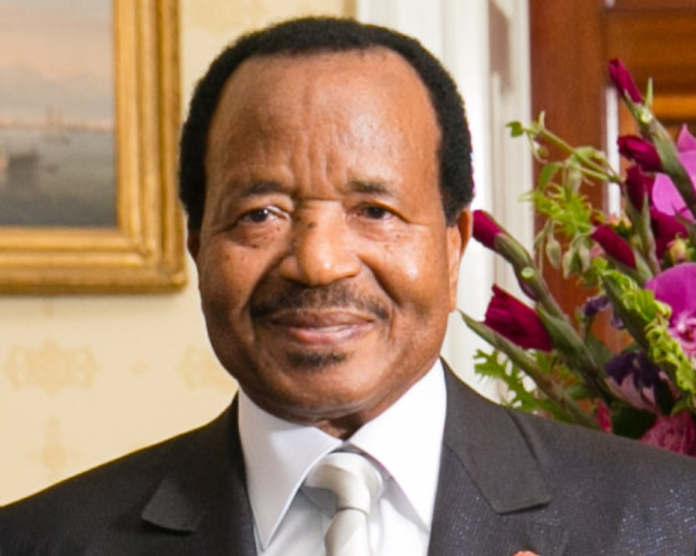In the wake of a recent military coup in neighbouring Gabon, Cameroon’s long-serving President, Paul Biya, has undertaken significant personnel changes within the country’s military apparatus.
The motive behind this sudden reorganization remains uncertain, leading to speculation and debate both within the nation and across social media platforms.
President Biya, at the age of 90, continues to maintain his position as one of Africa’s oldest and longest-serving leaders.
His decision to reshuffle the Ministry of Defence has taken many by surprise, given the typically stable nature of his administration.
The reshuffle, carried out through a presidential decree dated August 30, has seen series of appointments made within the internal and external divisions of the Ministry.
The timing of this move has raised eyebrows, occurring just hours after the Gabonese military takeover.
While no direct connection between the events has been established, citizens have taken to social media, particularly Twitter, to voice their opinions.
Some express scepticism about the motivations behind the changes, while others suggest that the uncertainty in Gabon might have influenced the decision.
Paul Biya, born Paul Barthélemy Biya’a bi Mvondo on February 13, 1933, has held political office in Cameroon for several decades.
He initially rose through the ranks as a bureaucrat under the presidency of Ahmadou Ahidjo during the 1960s. Biya’s ascent culminated in his appointment as President in 1982 after his predecessor’s surprising resignation.
Having maintained his grip on power for over four decades, Biya has overseen various phases of Cameroon’s political landscape. He introduced limited political reforms during a period of one-party rule in the 1980s.
Subsequently, he succumbed to international pressure and permitted the introduction of multiparty politics in the early 1990s.
Throughout his presidency, Biya has faced allegations of electoral irregularities and fraud, particularly during election cycles. The 1992 presidential election, which he purportedly won with 40% of the vote, has been contested by opposition politicians and foreign governments alike.
Similar controversies surrounded his subsequent victories in 1997, 2004, 2011, and 2018, with various sources alleging widespread fraudulent practices.
As Cameroon absorbs the recent changes in its military leadership, analysts and observers are closely watching for potential implications both domestically and regionally.
The unanticipated reorganization underlines the ongoing challenges associated with political stability and governance in the region, raising questions about the trajectory of Biya’s presidency and its impact on the nation’s future.
MORE:

